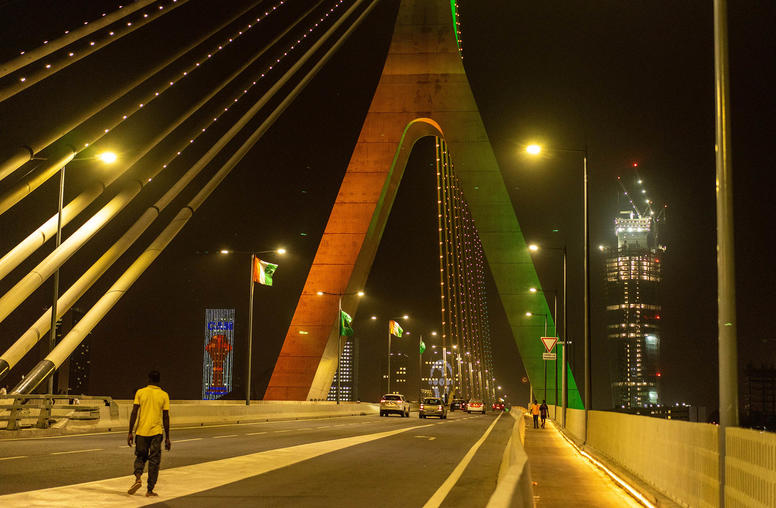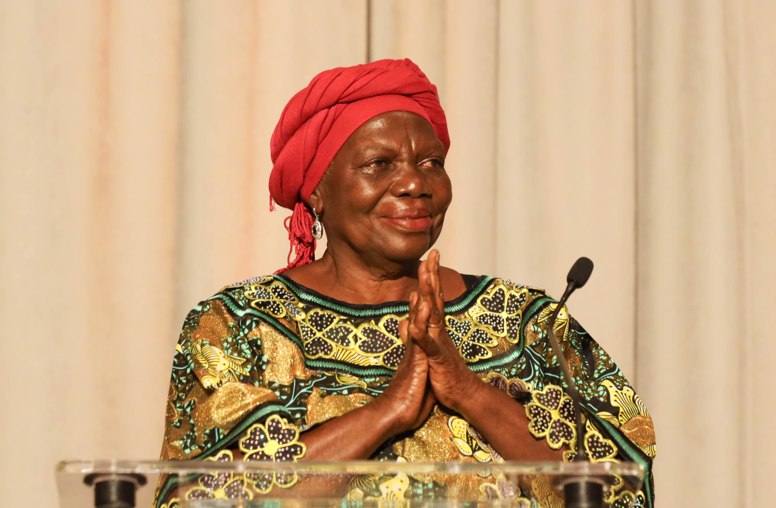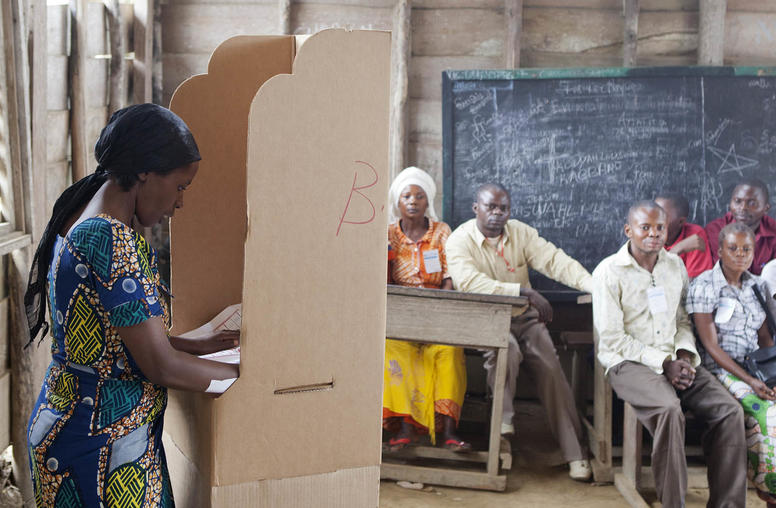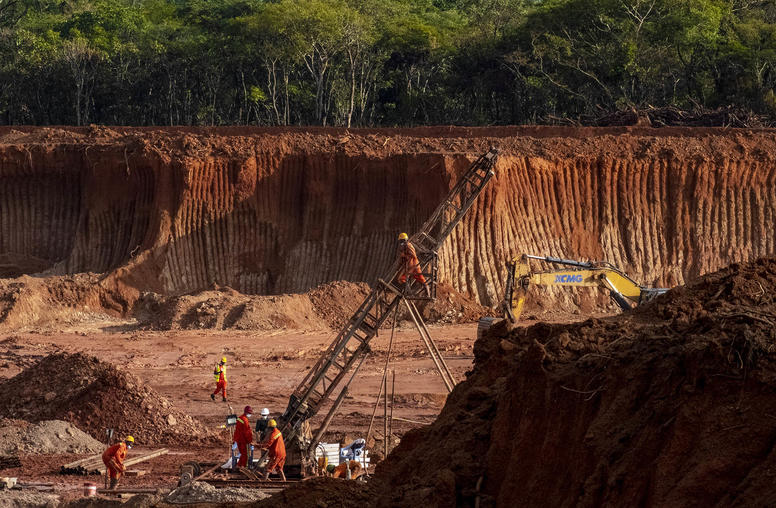Launch of Public-Private Alliance for Responsible Minerals Trade
This event has ended; audio and photos are available. The U.S. Institute of Peace hosted the launch of the Public-Private Alliance for Responsible Minerals Trade, a joint initiative by the Department of State and the United States Agency for International Development (USAID), on November 15, 2011, in collaboration with USIP’s Center for Sustainable Economies this initiative is part of a coordinated the effort to reduce trade in conflict minerals in the Eastern Congo and the Great Lakes region of Africa.
The U.S. Institute of Peace hosted the launch of the Public-Private Alliance for Responsible Minerals Trade, a joint initiative by the Department of State and the United States Agency for International Development (USAID), on November 15, 2011, in collaboration with USIP’s Center for Sustainable Economies this initiative is part of a coordinated the effort to reduce trade in conflict minerals in the Eastern Congo and the Great Lakes region of Africa. By allowing a broad range of stakeholders (including government, corporations and civil society) to harmonize strategies to promote conflict-free supply chains for traded minerals, the initiative will provide a focal point for dialogue and problem-solving, and will strengthen existing initiatives such as those of the International Conference on the Great Lakes Region (ICGLR), the conflict-free smelter program, the Organization for Economic Cooperation and Development (OECD), and the U.N. Group of Experts.
Alliance stakeholders seek to support the development and implementation of systems in the Democratic Republic of the Congo and the Great Lakes region to provide a validated mineral supply chain that promotes lasting peace, is acceptable to all actors and end-users, and is compliant with the OECD due diligence guidance. This will provide a mechanism for appropriate communication and collaboration in developing common positions on supply chain initiatives (mine to point of sale), to help ensure stakeholder buy-in and sustainable outcomes. This launch event will feature remarks by senior U.S. officials, corporate executives and NGO representatives.
Speakers:
- Robert D. Hormats, Under Secretary of State,
Economic, Energy, and Agricultural Affairs - Maria Otero, Under Secretary of State,
Democracy and Global Affairs - Sharon Cromer, Deputy Assistant Administrator,
Africa, USAID - Richard Valin, Vice President,
Corporate-Finance,Motorola - Assheton Carter, Senior Vice President
Motorola - Stephen D’ Esposito, President
RESOLVE - Charles Chileya, Deputy Executive Secretary
International Conference on the Greak Lakes Region - Jay Celorie, Manager
Social and Environmental Responsibility, HP Global - Richard Robinson, Extractive Industry Technical Advisor,
USAID - Donald Yamamoto, Principal Deputy Assistant Secretary of State
U.S. Department of State for African Affairs - Ambassador George E. Moose, Vice Chairman Board of Directors,
U.S. Institute of Peace



